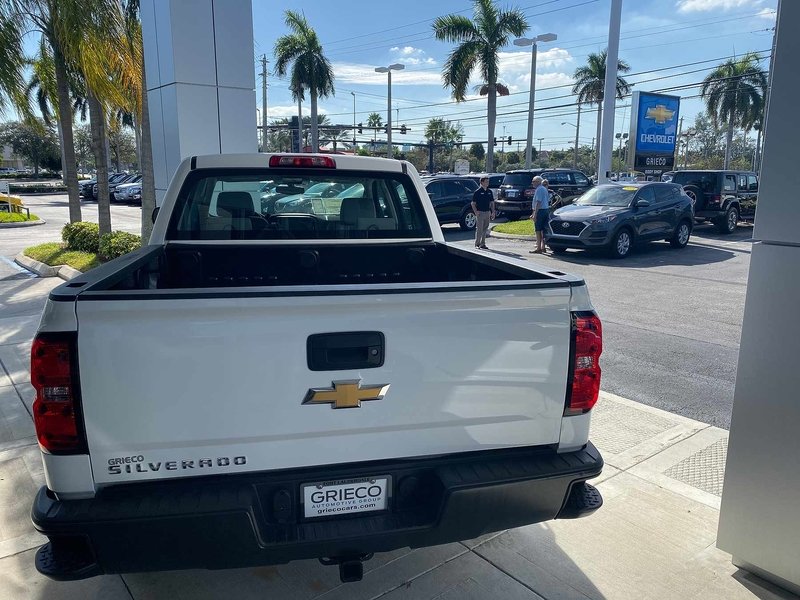
Automakers are headed for a less-drastic U.S. sales collapse than feared, helped by online sales, 0 percent financing and other incentives, according to market researchers.
U.S. retail sales are down about 50 percent, a drop-off that wouldn’t be as steep as China or Western European countries saw in the first full month following their coronavirus outbreaks, according to Jeff Schuster, senior vice president of forecasting with LMC Automotive, a partner of J.D. Power.
“We’re now expecting a pattern that is more of a sustained level of a 40 percent to 50 percent decline over a longer period of time, instead of the really deep hit and then a relatively quick recovery,” Schuster said by phone.
The industry caught a break last week when Department of Homeland Security guidelines added vehicle sales to its list of essential services. All U.S. states now allow cars and light trucks to be delivered through showrooms or online, according to J.D. Power.
Retail sales fell about 48 percent last week from J.D. Power’s pre-crisis forecasts, after dropping 51 percent the week that ended April 12 and 55 percent the week prior. That marks three straight weeks of improvement from the 59 percent decline registered the last full week of March.
With all major markets showing signs of recovery, J.D. Power said Wednesday it is forecasting April U.S. retail sales of 500,000 to 613,000, or a decline of 43 percent to 54 percent from its pre-virus forecast, representing an overall volume decline of 472,000 to 585,000 from April 2019.
As state restrictions on vehicle sales are relaxed, more manufacturers are enticing consumers to come back into the market with elevated discounts, J.D. Power said.
The best-performing major segment has been large pickups, while compact cars have been hardest-hit, J.D. Power said.
Overall, combined sales in the top five vehicle segments, which represented 60 percent of U.S. retail deliveries in 2019, dropped 46 percent from the pre-virus forecast during the week ending April 19.
May, traditionally one of the biggest months for sales, is shaping up to be critical for the auto industry, with several states relaxing stay-at-home restrictions amid pent-up consumer demand.
“Sales to shoppers who delayed purchases they would have made in March or April, will now have the opportunity to return to market,” J.D. Power analyst Tyson Jominy said in a Wednesday report. “Automakers and retailers are increasingly ready to capitalize on May’s opportunities.”
Sales could also get a boost from incentives doled out by most carmakers to entice purchases.
The Detroit 3, along with Subaru, Hyundai, Kia, VW, Audi, Volvo and Jaguar Land Rover, have 0 percent finance offers with extended terms of 72 months or longer. Jeep is promoting employee pricing on certain models and many brands have a three-to-six months deferred payment option for new buyers.
Due to the incentive offers, Americans are taking out larger loans, according to J.D. Power, with the average loan amount increasing by $2,900 in the first two weeks of April compared with March.
U.S. auto loans have been climbing at a steady rate since 2011 and were up $16 billion in the fourth quarter of 2019 to $1.33 trillion nationwide, according to data by the New York Federal Reserve.
J.D. Power said its outlook for 2020 U.S. retail sales is now 11.3 million to 12.5 million, compared with a pre-virus baseline of 13.4 million. It sees total 2020 industry sales, including fleet, of 12.6 million to 14.5 million, down from a pre-virus forecast of 16.8 million.
Bloomberg, Reuters and David Phillips contributed to this report.